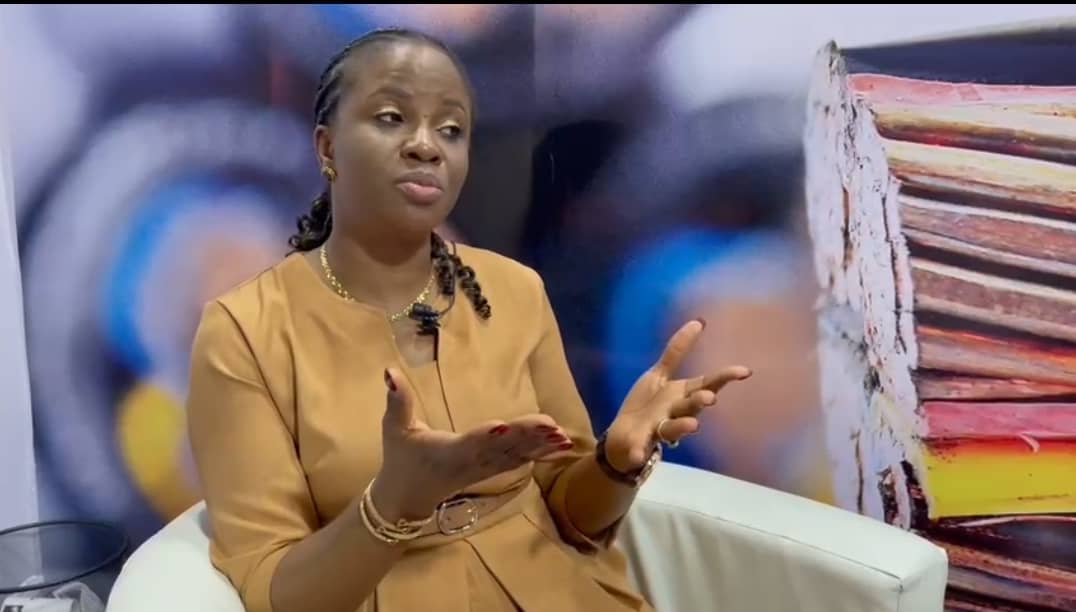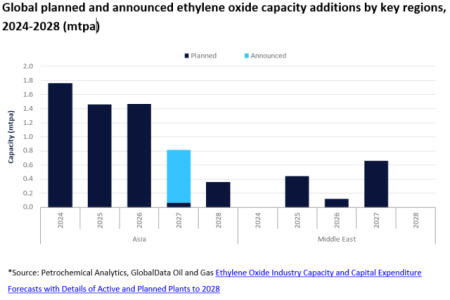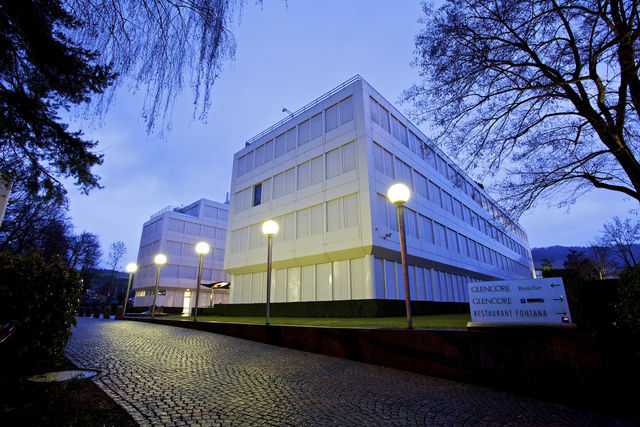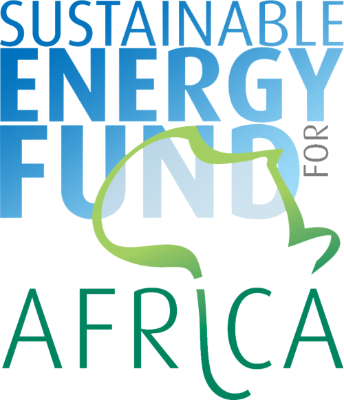
Michael James
Leeds, England — Access to foreign exchange, electricity and unfriendly policies on the importation of raw materials have been identified as major challenges confronting cable manufacturers in Nigeria.
This was made known by the Chief Operating Officer of MicCom, Bukola Adubi who doubles as the president of the Cable Manufacturers Association of Nigeria, CAMAN during a live interview program on Arise TV recently.
She described the persistent collapse of the country’s national grid collapsing about 98 times since 2015, the cost of alternative sources of power for sustaining local manufacturing of cable bears heavily on indigenous companies.
Adubi added that these challenges are further exacerbated by the Federal Government policies on the importation of raw materials for in-country cable manufacturing, describing the situation as frustrating.
“From huge taxes to exorbitant import duties on raw materials, cable manufacturers have often decried the bottlenecks faced in the importation of raw materials as these erode the bottom line,” she said.
Adubi emphasised the role of various categories of cables in the development of the energy value chain.
Calling for measures to guarantee the availability of these essential materials, she proposed zero import duty and access to the official exchange rate to improve the competitiveness of the sector deserves.
‘’If the cable industry, for instance, was granted some form of waiver or zero duty on raw materials, along with access to the CBN rate for foreign currency exchange, a great part of our challenges would have been resolved. That’s a deliberate way the government can grow the subsector and make sure that we are internationally competitive because we do not have a vibrant source of raw materials”, the MicCom boss noted.
She called for the legal framework and right fiscal environment to encourage investment in copper and aluminum mines in-country, noting that sourcing raw materials locally would help CAMAN member companies to reduce operational cost, increase their production capacity, their reserves, create jobs, and generate more foreign exchange earnings for Nigeria.
“From very complex cable sets like umbilicals used in subsea operations to the building of FPSOs, and numerous fabrications and constructions, you can’t rule out cables. But inadequate power supply is the bane of development for our industries. You can only imagine the cost expended to keep production running all through the year. It creates a significant impression on the bottom line. You need virile sectors to forge reasonable partnerships in Africa,” she quipped.
Commending the Federal Government through the Nigerian Content Development and Monitoring Board (NCDMB) for its efforts in ensuring patronage of locally manufactured cables by the oil and gas industry, Adubi attested that the oil sector had shown significant growth of in-country value addition.
“At the moment, local content is maximized in the oil and gas sector. I will especially thank NCDMB because they have ensured that the law is being implemented. It will be good if a lot more of our members enjoy that benefit. That’s a major part of our strategic plans as CAMAN for 2023.”
Adubi further stated that at the moment only less than 5 member companies are currently enjoying the benefits in this space.
Follow us on twitter



